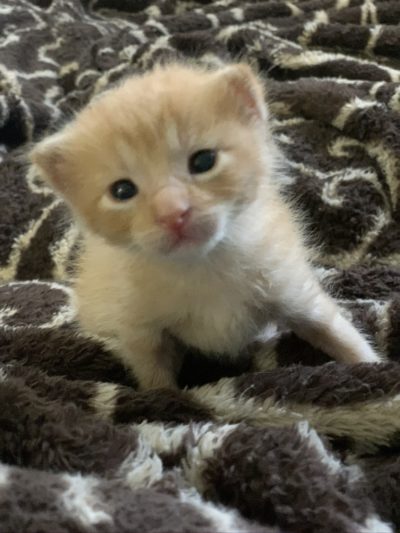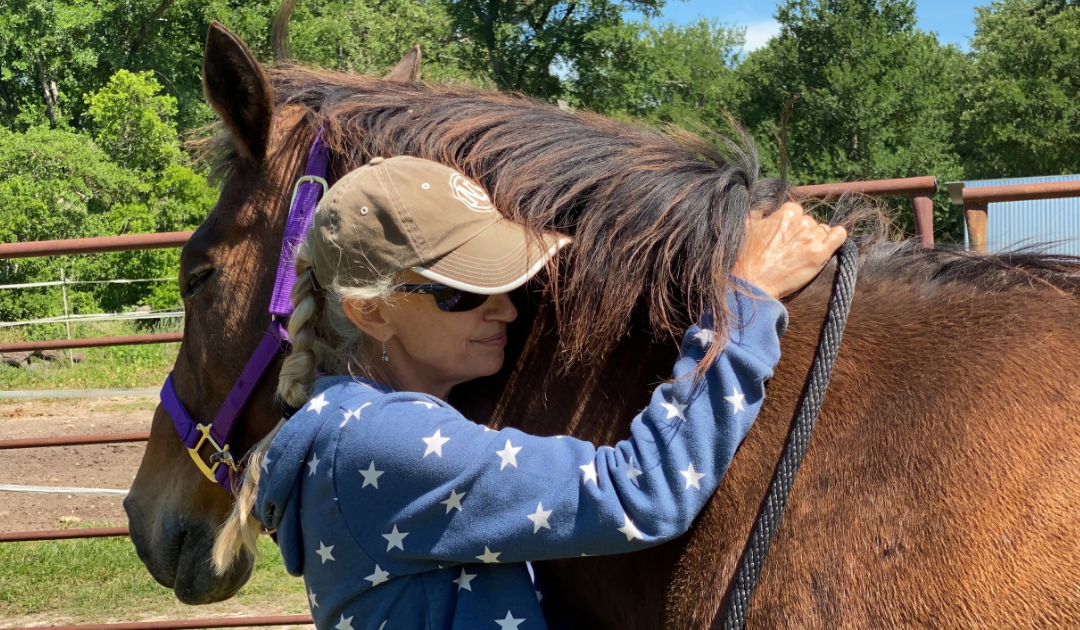This past week I am struck by how many of you have told me you are feeling lonely. Some of you are what I call “alone lonely” because you are physically living and working alone and are experiencing profound isolation with the shelter in place and physical distancing measures currently in place.
Some of you are what I term “together lonely” because you are physically surrounded by a spouse and/or children, roommate(s), parents, siblings, the nanny who has temporarily moved in, and other assorted relatives/friends/pets but emotionally having the experience of loneliness, which may involve not being seen/heard/acknowledged/appreciated/understood/supported/loved/held/nurtured/validated.
In Brene Brown’s most recent podcast in her series “Unlocking Us” she interviews Dr. Vivek Murthy, a physician and the 19th Surgeon General of the United States, about his book Together: The Healing Power of Human Connection in a Sometimes Lonely World. He describes three dimensions of loneliness: Intimate Loneliness, which is the longing for a partner or confidant to share trust and affection with and to be a witness to our lives; Social Loneliness, which is the longing for relational connection through friendship, companionship and support, and Collective Loneliness; which is the longing for a network or community of people who share a sense of purpose and common interests. Many of us have been cut off from some or all of these avenues of connection by the measures currently in place due to the COVID 19 pandemic.
Loneliness is a profoundly disturbing experience. Most mammals are able to mobilize within hours of birth to avoid becoming a predator’s meal. Human infants are born completely dependent upon the caregivers in their environment to provide the resources necessary to survive. This does not only involve physical nourishment, but emotional support as well. Even as adults, we carry the primal hard wiring to avoid abandonment as early in life this equaled death. The truth is: we need each other. Not in a co-dependent, enmeshed way, but in a relationally supportive and connected way. We may be able to feed and clothe ourselves and tie our own shoes, but we never outgrow the need for emotional support and encouragement!
My father was a senior in high school in the Netherlands when World War II broke out. Initially, Hitler thought the Dutch would support his cause, as he considered them close cousins to the Germans. However, when he realized the Dutch citizens were hiding Jews and helping them escape and aligning with the Allies, he invaded and occupied Holland, conscripting any able-bodied men to work in his factories building munitions and war supplies as all the able-bodied German men were fighting in the war. Initially, Hitler allowed Dutch students to finish high school before being sent to work camps, so my father’s headmaster failed his entire senior class in order to keep them back and in school (and safe) for another year. The second time this happened, Hitler became savvy to the plan and my father was sent to Austria to build Tiger Tanks for Hitler’s war machine. He was 17 years old and determined to escape to join the Allied Forces in their fight against the Nazi’s. In a story straight out of a Tom Clancy novel, my father and several of his friends got the guards on duty drunk on some stolen Schnapp’s, attempted to swim the Rhine River, and make it to Switzerland. They were caught, however, and each placed in solitary confinement. Each day, the guards would taunt the boys that this was “the day they would die.” When I asked my father how he survived solitary confinement, in a cell 3×6 foot, he told me that the movie The Wizard of Oz had come out shortly before the war, the first color motion picture he had ever seen. He would lie in his cot and play the movie, scene by scene, until Dorothy (played by Judy Garland) taps her ruby slippers together and says, “there’s no place like home.” He drew strength from her encounters with the Scarecrow, the Tin Man, and the Cowardly Lion (and of course, her faithful dog, Toto). She found her “tribe,” a group of unlikely friends to journey with her, who each needed healing in their own way. He would think about his family and friends, all of whom were praying and fighting for his release. (And he was miraculously released, which is a story for another time!)
Sometimes life is just hard. Not because we are doing something wrong, or because there is something wrong with us. Sometimes life is just hard, but we can do hard things. We can find support from each other, our faith, our imaginations, nature, and we can persevere through our suffering because we matter and our pain matters.
You matter. Don’t forget.
On a lighter note, Hope has opened her eyes! She is seeing her world for the first time and finding it fascinating. Read the blog where we introduced Hope!
We will make it through this. . . together!
 Natural Lifemanship is offering as much personal and professional support as we can for you right now. Take a look at our Survive + Thrive = SurThrive webinar series. Live webinars are free to all. Recordings are free to Basic and Professional NL Members on our online learning page. All others can name your price. Be on the lookout for our new and expanding Building YOUR Resilience Groups. AND don’t forget to watch FB live every Sunday at 5:30 CDT as we build resilience through rhythm and connection! We can take care of each other!
Natural Lifemanship is offering as much personal and professional support as we can for you right now. Take a look at our Survive + Thrive = SurThrive webinar series. Live webinars are free to all. Recordings are free to Basic and Professional NL Members on our online learning page. All others can name your price. Be on the lookout for our new and expanding Building YOUR Resilience Groups. AND don’t forget to watch FB live every Sunday at 5:30 CDT as we build resilience through rhythm and connection! We can take care of each other!


Recent Comments